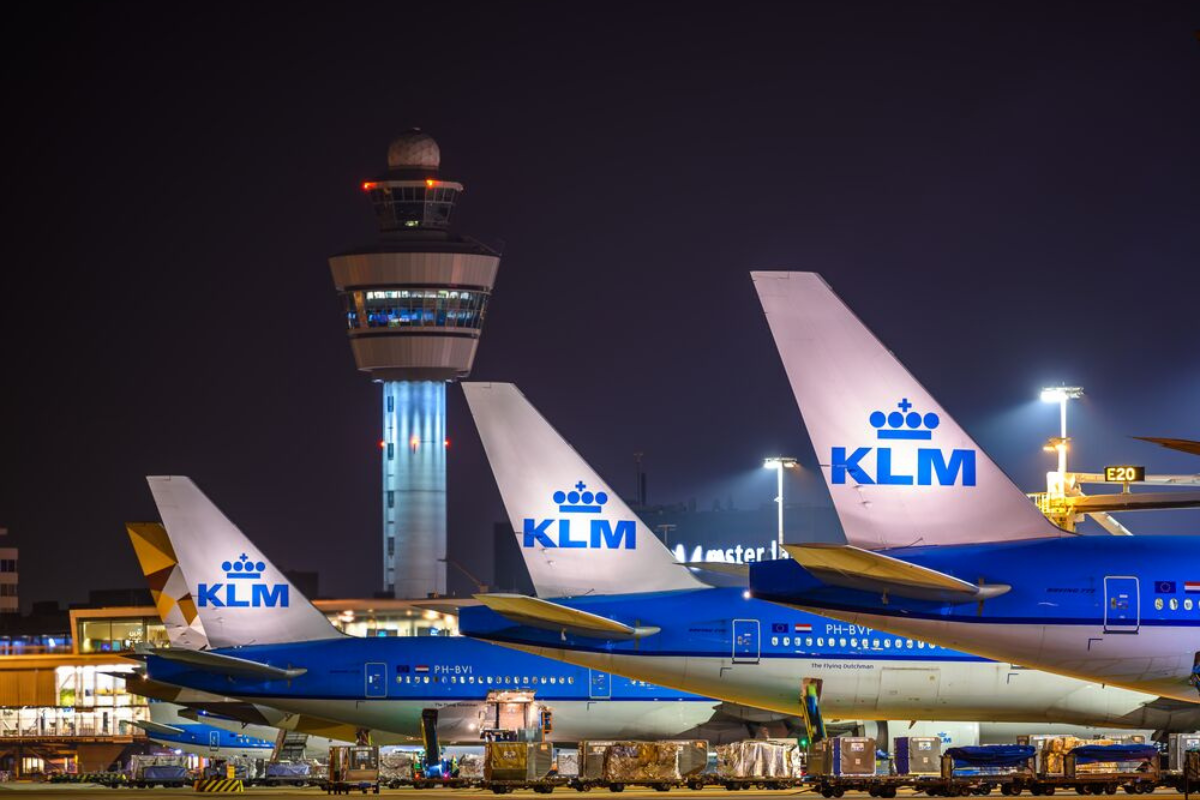The Federal Government has stated Nigeria has attracted more than $8 billion in investments for deepwater and gas projects within a single year, surpassing the previously reported $6.7 billion in energy sector investments for 2024.
The Special Adviser to the President on Energy, Olu Verheijen, announced the achievement at the 2025 Africa CEO Forum in Abidjan, Côte d’Ivoire, on Wednesday.
She attributed the surge to government reforms, including improved tax incentives, streamlined approval processes, clearer regulations, and enhancements in the power sector that have boosted the appeal of gas-to-power projects.
Verheijen highlighted Nigeria as a model for attracting capital to Africa, positioning the country as a leading destination for energy investment on the continent.
“In under a year, Nigeria unlocked over $8bn in deepwater and gas Final Investment Decisions through decisive presidential action, focused on improved fiscal terms, streamlined contracting timelines, greater clarity to local content rules, and power sector reforms enabling gas-to-power commercial viability. We moved from gridlock to greenlight, and investors responded,” she said.
Nigeria has recently achieved significant milestones in its oil and gas sector, marked by the Final Investment Decisions on major projects such as Shell’s Bonga North Deepwater Project and TotalEnergies’ Ubeta Gas Field.
These developments signal a resurgence in investor confidence, largely attributed to recent regulatory reforms.
Recently, the Executive Secretary and Chief Executive Officer of the Nigeria Extractive Industry Transparency Initiative, Dr Ogbonnaya Orji, stated that Nigeria needs $20bn annually for 10 years to invest in gas infrastructure.
To preserve investor confidence, the special adviser issued a stark warning to African policymakers, urging them to abandon sentimental notions of “African capital” and instead embrace investment discipline grounded in commercial logic and global competitiveness.
Verheijen stated that capital is not defined by its origin—whether African or foreign—but by its rational pursuit of favorable conditions and returns.
“Let’s be clear: capital has no passport. Sentimental appeals to ‘African capital’ are a distraction,” she said. “Capital is opportunistic, not patriotic. It flows where risk-adjusted returns are competitive.”
Verheijen’s message highlights concerns about Africa’s shrinking share of global upstream investment. Between 2011 and 2015, the continent attracted $340 billion in upstream capital, but this figure is expected to drop to less than $130 billion between 2026 and 2030.
“That’s not a funding winter. That’s a structural decimation,” she warned.
She emphasized that deepwater and LNG projects compete intensely in global capital markets. To remain competitive, African nations should seek strategic partnerships founded on mutual benefit and shared value, rather than dependency.










